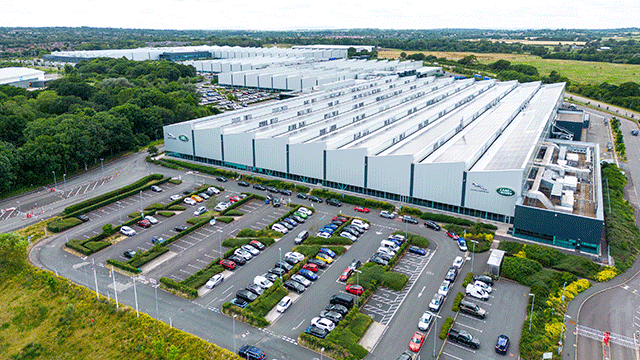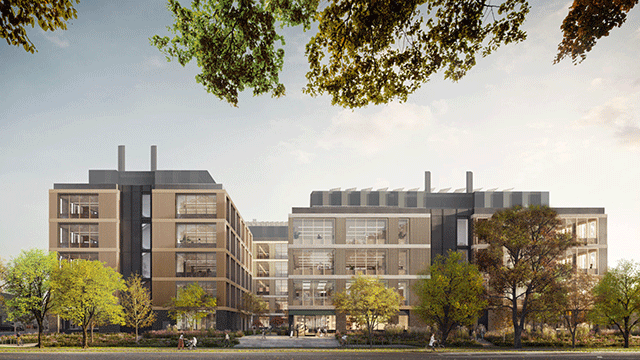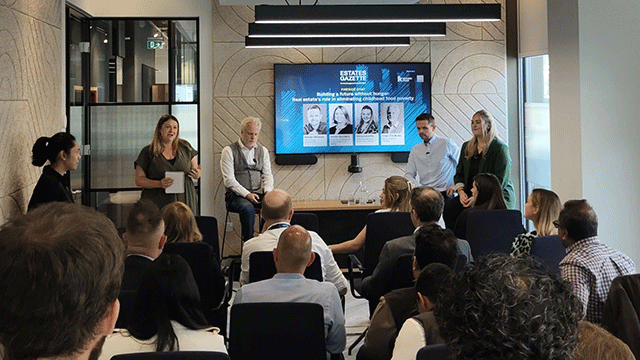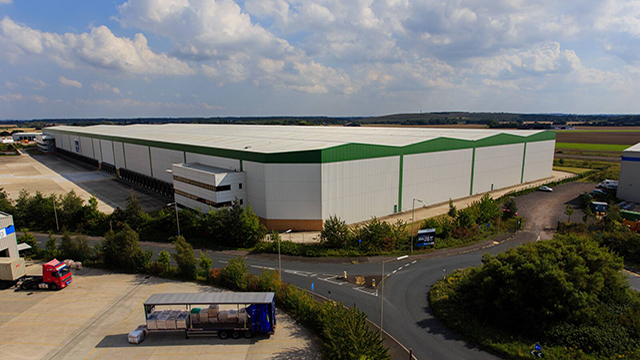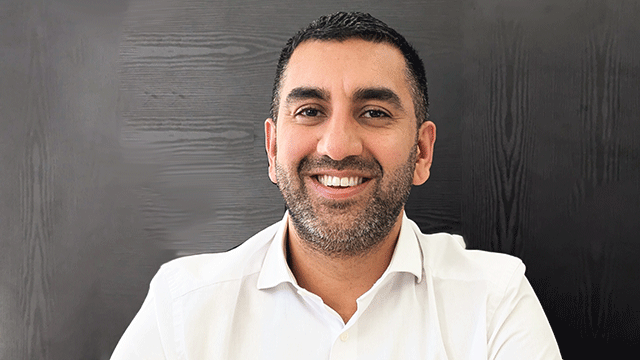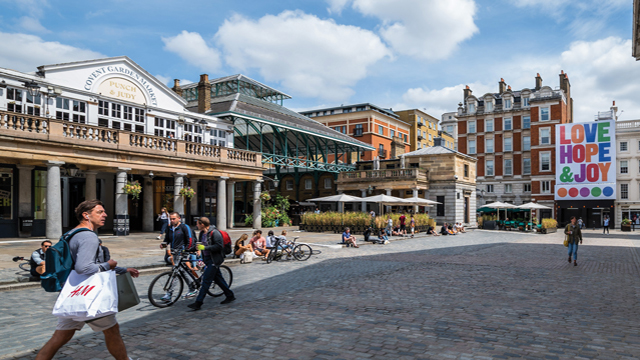Size matters to Nathalie Palladitcheff, head of finance and the property services division at listed French property company Icade, especially when markets are tough.
“We have one of the largest property portfolios in Europe, especially after our recent acquisition of French company Silic. Icade holds 400 assets with a value of €10.1bn, generating annual rent of €590m. Our focus is on office business parks, mostly in the Paris region,” she says.
The company, which has a market capitalisation of €4.7bn, is also a major player in the Grand Paris project, the initiative launched by former French president Nicolas Sarkozy for “a new global plan for the Paris metropolitan region”. It has led to a new transportation masterplan for the region and to proposals to develop several areas around Paris.
When competitors want to develop a new building, they must first find the land. But Icade runs a unique business model based on its ability to develop its own land banks, says Palladitcheff. Its land plots comprise holdings in north-east Paris and areas close to Orly airport.
“We have been a major player in the consolidation of the commercial property sector in France by sealing many deals,” she says. In 2010 it bought rival Compagnie la Lucette from Morgan Stanley. As a consequence of the deal, Icade, which is 52%-owned by the French state through national bank Caisse des Dépôts et Consignations, swelled its books, adding around €1.5bn of mainly prime French real estate, taking its portfolio to €5.8bn.
‘Champion in our field’
Since then Icade has redesigned the profile of the company, becoming what Palladitcheff calls a “champion of our field”. A year ago, the company refinanced €1.55bn through a club deal with eight banks. The facility was arranged to be drawn in three tranches; the lenders included BECM, BNP Paribas, Crédit Agricole Corporate & Investment Bank, HSBC France, Lloyds TSB Bank PLC, Natixis and Société Générale.
At the time Icade said that the new finance optimised its debt schedule and increased its back-up lines. The club deal reduced the cost of its debt based on current interest rate levels.
The deal is structured to provide a €625m medium-term credit line maturing in five years, a €550m revolving credit facility expiring in three years and a €375m forward-start credit line with a three-year maturity starting from 2014.
Another major step taken over the past few years was to exit Germany, Italy and Spain. “We think it makes sense to be active outside France only if you are in retail property. Success in the office sector depends on local regional knowledge. France’s office market is in fact five or six regional markets.
“You have to have deep knowledge of the market, so we think we have to be domestically focused with our emphasis on offices, especially since we are in Paris – one of the most liquid markets in the world. There’s still a lot of potential in the Paris region to be exploited before we think of moving outside France.”
Besides merging the office portfolio it acquired with last year’s deal with Silic, Icade has built up a sizeable alternative investment strategy, according to Palladitcheff. “Healthcare is not our core business but we see it as a unique opportunity to take advantage of existing skills within our company.” Icade has built up Icade Sante up to hold a €2bn portfolio; it has become a market leader in France.
Icade’s free float is in three parts: one-third French institutions and asset managers; one-third other European institutions, such as Dutch funds and some British asset managers; and one-third the “usual suspects” in the US, mainly funds dedicated to real estate.
“The American investors play an interesting part in informing our strategy. It is refreshing for us to go on a US roadshow; it gives us an accurate view of how Europe could evolve and it is a good source of new ideas, enabling us to think a little more differently than if we’d just stayed in France,” says Palladitcheff.
www.icade.fr




